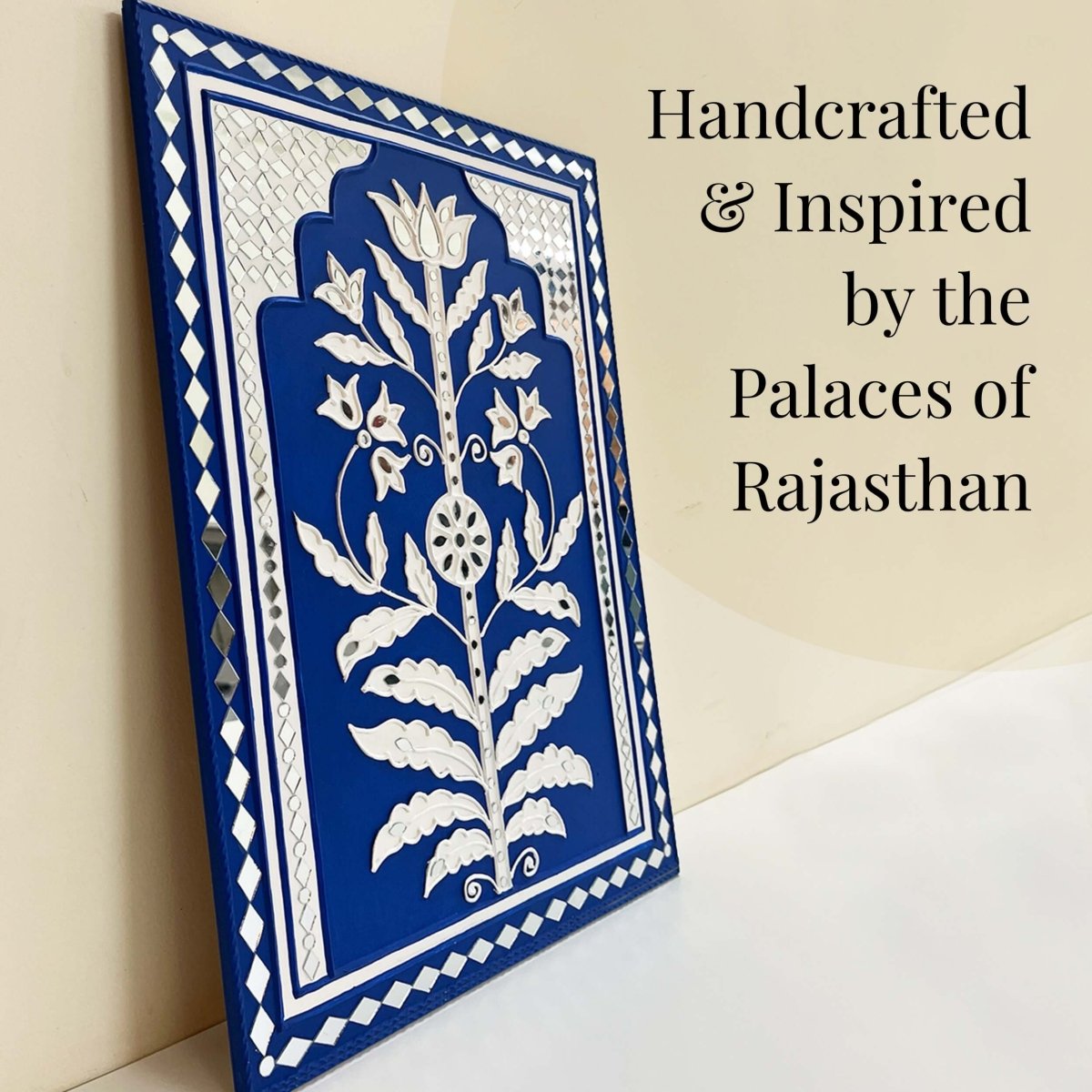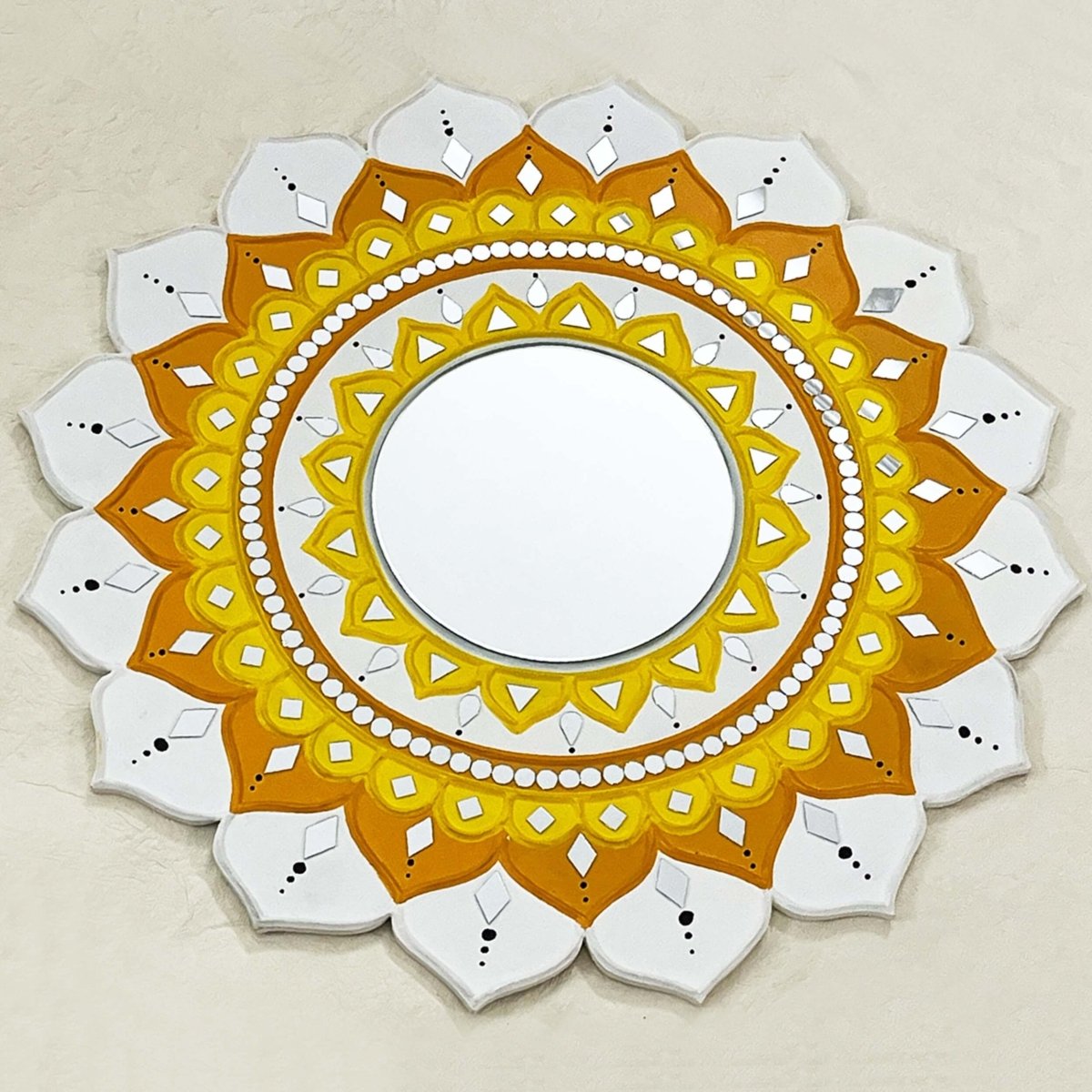Jugni: A Punjabi Folk Narrative Lives On
BOOKMARK
No Punjabi celebration is complete without it, whether wedding, festival or anniversary. It is so much a part of Punjabi culture that it has travelled across oceans, to new lands, where the community has settled. Echoing through the ages for over a century is Jugni, a narrative device used in Punjabi folk music that has evolved in exciting, new ways.
Consisting of short, simple verses that use a clever play of words set to catchy tunes, this folk narrative has found its way into the albums of classic and contemporary Punjabi musicians. From poets to lyricists, to pop musicians, Jugni has come a very long way in its soulful and colourful history.
So what exactly is Jugni? How did it originate and become part and parcel of Punjabi culture? Let’s examine this unique genre of folk music in its reverse chronology.
Alam Lohar’s ‘Spiritual’ Jugni
The modern form of Jugni dates to the 1960s, when vinyl records made their debut to the Indian music scene. It was the famous Pakistani-Punjabi singer Alam Lohar who, for the first time, recorded Jugni in electronic form and popularised it by singing and performing it in various forms till his death in 1979. A famous version of Jugni sung by Lohar was:
“Ae way Allah waliyan di Jugni Ji
Ae way nabi pak di Jugni Ji
Ae way Maula Ali wali Jugni Ji
Ae way mere peer di Jugni Ji
Ae way saaray saba di Jugni Ji”
(Jugni is the spirit of God
Jugni is the spirit of the Holy Prophet
Jugni is the spirit of Ali and his followers
Jugni is the spirit of my saints
She is the spirit of all His words)
Jugni sung by Lohar and other singers back then was largely spiritual and used words like ‘saeen’ (another name for God) to rhyme with ‘Jugni’. Just like Lohar, his son Arif Lohar is a popular folk singer in Pakistan, and he’s even sung a version of Jugni for Coke Studio Pakistan, which is available online.
Arif Lohar claims his father not only popularised this musical folk tradition but, inspired by the spiritual poetry of Sufi saint Bulleh Shah, coined the word ‘Jugni’, to symbolize one's understanding of the world and relationship with Allah or God. Much bandied about, this is a hollow claim as the word ‘Jugni’ was already a part of folk tradition well before Alam Lohar began popularising it in electronic form.
Back To Basics
To figure out the origin of Jugni, let’s start with its dictionary meaning. Well-known Punjabi encyclopedia, Mahan Kosh (1930) by Bhai Kahn Singh Nabha, describes Jugni as a traditional Punjabi ‘ornament’ or ‘jewel’ worn by women around the neck. This ornament was derived from the Muslim tashbih or praying beads, which in time evolved into ‘ornament’ and was assimilated into Punjabi culture. That’s probably why the term ‘Jugni’ was used by classical poets to describe the women who wore this ornament.
However, in his Dictionary of Urdu, Classical Hindi and English (1911), British scholar John T Plates mentions that Jugni may be a corruption of ‘Jugnu’, a ‘firefly’ in North-Indian languages, and is used to refer to the mystical nature of an individual.
Jugni: A Story of Love
Unlike the spiritual Jugni of Alam Lohar, there is also a love angle to Jugni. When used in this context, Jugni symbolises the pain of a lover. This led few people to believe that Jugni represents the heartfelt tale of a Punjabi girl’s separation from her lover. She (Jugni) travels from village to village to find her lover but in vain.
Although neither any scholar can represent the timeline, nor are they able to pinpoint a geographical location for the love story’s origin. Most who believe the love-story version of Jugni vaguely claim that it might have originated anywhere between the mountains of Kashmir in the north and the sands of the Cholistan Desert (now in Pakistan) in the south. Thus, this claim doesn’t appear much legitimate in describing Jugni’s history.
Moreover, many love songs are composed in the name of Jugni today but most classic poetic compositions of Jugni which were composed preceding the electronic media songs in the early part of the 20th century, rather than conjuring an image of a heart-broken girl, suggests a Punjabi girl trying to break free and find her way through the maze of male dominance.
Jugni & the Revolt of 1857
Revolutionary Jugni appears to have its roots in the Revolt of 1857. According to this claim, Jugni is sung in praise of Indian sepoys from Sialkot and Mian Mir (Lahore); battalions those escaped from the British but were killed on the banks of the Ravi by English Brigadier John Nicholson and Deputy Commissioner of Amritsar, Frederick Henry Cooper, respectively.
It is believed that when this news spread to nearby Jassar (a town in Narowal District of Punjab Province, Pakistan), local ballads celebrated their martyrdom with the following Jugni:
“Meri Jugni da Dagga ek,
Es ne far layi hath vich itt,
Maare vairiyan de sir vich,
O Pai meri Jugni o…”
(The triumph for my Jugni,
For it got a brick in its hand,
And hit it over the heads of enemies,
O brother, o my Jugni…)
When this version of Jugni travelled to the Pothohar Plateau, in Northern Punjab (now in Pakistan), ‘Meri’ was changed to ‘Mehdi’ as pronounced in the Pahari-Pothwari dialect of the Punjabi language. There is a Jugni couplet believed to be associated with sepoys who had escaped from the British and are now running from them along the banks of the Ravi, without food or water. It refers to their pain as follows:
“Mehdi Jugni jaandi dande-dande,
Sir behoove kaleja kambe-kambe.
Kufar rizk roti mange-mange,
Chann mardiyan Jugni leera ni,
Asa madad punja peera ni…”
(My Jugni walks through the banks (of the river),
Head, feet, and the entire body shivers.
As the evil body craves for food,
The weak Jugni is forced to crawl,
Begging God for their help)
Although, revolutionary Jugni seems to relate to real incidents, there is no evidence of Jugni in music or poetry during the 1850s-60s. One can only conclude that these are later compositions created by poets as a tribute to their fallen heroes in the Revolt of 1857.
From ‘Jubilee’ to ‘Jugni’
The most credible theory relating to the origin of Jugni dates to 1908 to two Punjabi folk singers Manda and Bishna. However, Sikh scholar Karamjit Singh Aujla who in his article published in the Punjabi Tribune newspaper in 2005 claimed to have personally met the eyewitnesses linked with this incident back in his life, by mistake have reported the date of incident linked to two years before in 1906.
Anyhow, this was a time when India was wracked by poverty, famine and drought, and Indians suffered many brutal atrocities at the hands of the British. Despite this, the British administration held grand celebrations in large and small cities across India, and even organised a ‘torch relay’ across cities to commemorate the golden jubilee of the British Raj.
The Crown had taken over the reins of the Indian subcontinent from the British East India Company, in the bloody and brutal aftermath of the Revolt of 1857. Fifty years after the takeover, in 1908, there were celebrations in England and across India, to commemorate the event.
During this time, Manda and Bishna, who hailed from the Majha region of Punjab, were growing in popularity and were invited to perform at many gatherings. They also became known for their akharas or public performances.
While Manda, whose real name was Mohammad, was a Muslim Mirasi from Hasanpur village, near Vairowal on the eastern border of Amritsar District, Bishna belonged to the Jatt community. They always sang together and sometimes even composed impromptu stanzas while performing. So, for instance, if someone gave them a rupee, they would compose a stanza incorporating the donor and the name of his village in their folk song.
So, in 1908, when the British were celebrating the golden jubilee of the British Raj, Bishna and Manda, being illiterate couldn’t pronounce ‘Jubilee’, and called it ‘Jugni’ instead. Or so the story goes. That’s how ‘Jugni’ found its way into the world of Punjabi folk music.
– The duo went on to perform at all kinds of jubilee celebrations, and ironically used their revolutionary ‘Jugni’ on these occasions, to criticise the British government and their lavish celebrations despite the miserable conditions in India.
Their most famous 'Jugni-verse' went like this:
Jugni jaa varhi Majithe
koi Rann na Chakki peethe
Putt Gabhru mulak vich maare
rovan Akhiyan par Bulh si seete
Piir mereya oye Jugni ayi aa
ehnan kehrhi jot jagaee aa
(Jugni has arrived in Majitha
No one is working at grinding mills
Because in the country, the sons are been killed
Eyes are crying, but lips are silent
Oh God, the Jugni has arrived
But in reality, no torch it has light.)
Customising their songs to suit the location of the jubilee celebration, Manda and Bishna sang on:
Jugni Jaa varhi Ludhiane
Uhnun pai ge Anne Kaane
Maarn mukkian Mangan Daane
Pir Mereya Oye! Jugni kehndi aa
Jehrhi Naam Ali da lain di aa
(Jugni has arrived in Ludhiana,
The deaf and dumb are after her.
They punch her, but ask for grains
Oh my God, this is just what Jugni says
That believes in name of God)
The folk duo sang in Punjabi, a language unfamiliar to the ruling class, and even sang their revolutionary Jugni at government functions! But the British were soon on too them and banned them from performing. But they were undeterred. Their Bishna-Manda’a Jugni shows became so popular that they started drawing large crowds, prompting the police to lathi-charge these gatherings.
During one such Jubilee alias Jugni show, when despite warnings they didn’t halt their performance, Manda and Bishna were arrested. It is said that they were thrashed so brutally by the police that they died in custody. The folk singers were allegedly buried in the dead of night in unmarked graves in an unknown cemetery. These ‘revolutionary’ folk artistes gave their lives for their country.
Today, Jugni lives on in many different avatars and is sung by major names in the Punjabi folk industry like Rabbi Shergill, Hazara Singh Ramta, Asa Singh Mastana, Gurmeet Bawa, Kuldeep Manakand, Aashik Jatt, Gurdas Mann and Harbhajan Mann. In recent years, Jugni has also found its way into Bollywood movies like Highway, Tanu Weds Manu, Saheb Biwi Aur Gangster, Cocktail and Queen.
Even though no one remembers Bishna and Manda, their revolutionary Jugni is immortalised in the hearts of people across the borders of India and Pakistan.
– ABOUT THE AUTHOR
Aashish Kochhar is a history enthusiast from Amritsar who studies at Jamia Millia Islamia, New Delhi.









